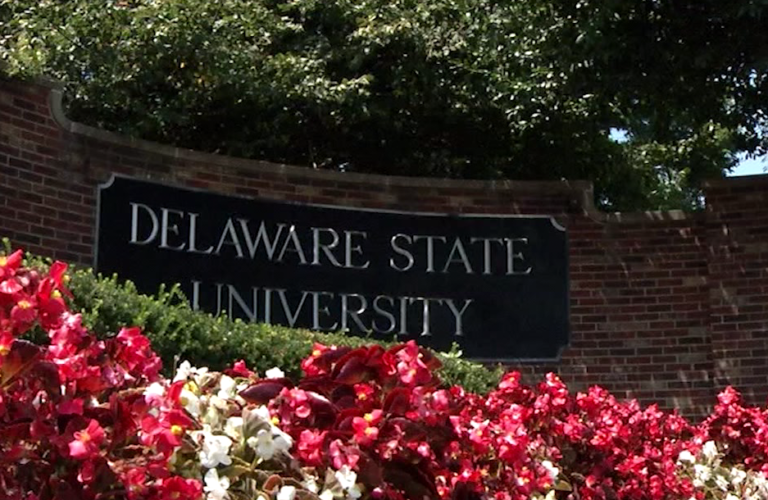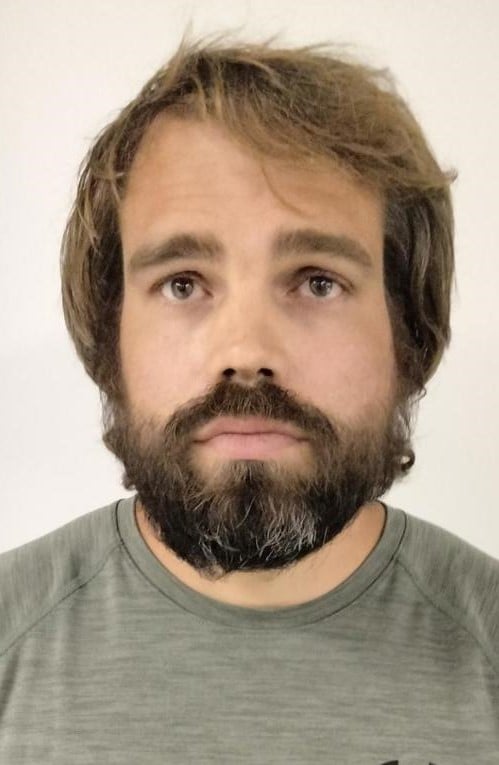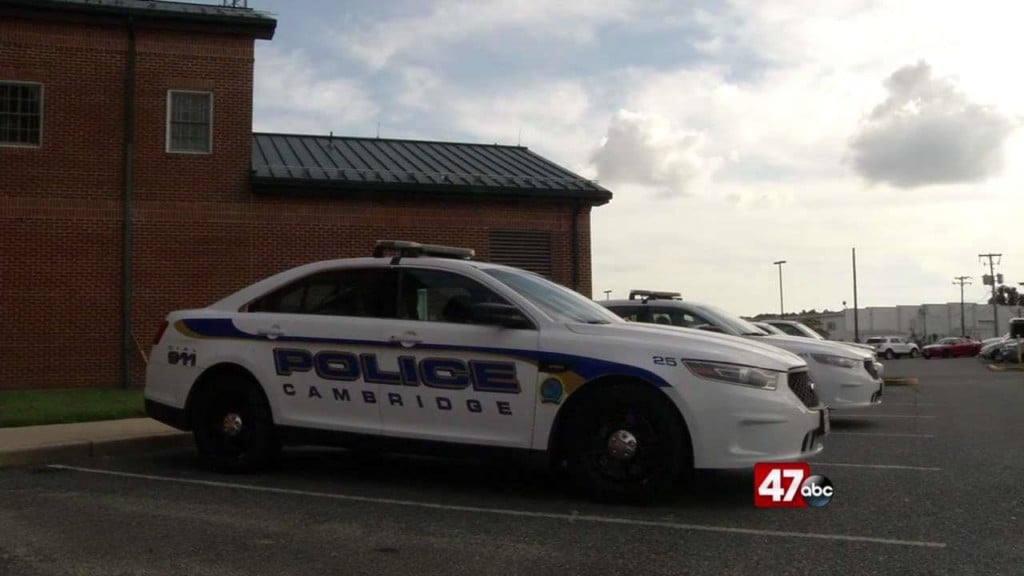DSU receives $6M+ in grant funding

Delaware State University had received more than $6 million in grant funding, from two separate grants. DSU announced on Monday that they had been awarded a $5 million grant from NASA, for a program involving research and education that continues a partnership between the two organizations, plus an additional $1.2 million from the Bill and Melinda Gates Foundation to help improve retention and graduation rates.
DSU says the new program with NASA, which will strengthen partnerships and collaborations with the Los Alamos National Laboratory, the Goddard Space Flight Center and the University of Delaware; along with enhance the research capabilities at DSU; and provide a rich intellectual environment for training students, is built on the success of a previous program that had been funded by NASA.
“It is with great pride that DSU will continue to be connected to NASA’s Mars mission through the work of Dr. Noureddine Melikechi and OSCAR,” said DSU President Harry L. Williams. “The research funded by this grant will not only make its mark on the world, but far beyond it on the Red Planet.” Dr. Noureddine Melikechi, is the founder the University’s Optics Research Program, and the director of the Optical Science Center for Applied Research – OSCAR at DSU, and the principal investigator of the grant.
“The Optics Program at Delaware State University continues to make strides in research and development, and this grant from NASA will help it go even further in its goal of enhancing space exploration,” said U.S. Sen. Tom Carper. “They are putting the school – and Delaware – on the map when it comes to optical research, and helping the school become a hub for Kent County economic development.”
U.S. Sen. Chris Coons said this NASA grant an imperative for the scientists to continue their leading edge research in the newly completed OSCAR building. “I know many hours of hard work by he and his team went into researching and preparing for this award, but now the real work begins, as his team embarks on several research projects over the next five years,” Sen. Coons said.
Gov. Jack Markell said that DSU understands the tremendous value in providing its students and faculty with access to leading edge tools and technology. “OSCAR is a testament to DSU’s commitment and this NASA grant will support the University’s efforts,” Gov. Markell said. “We congratulate DSU on this award and are excited to see the results of their research in the coming years.”
U.S. Rep. John Carney this latest NASA grant reinforces DSU’s well-earned position as a leader in the field of optics and photonics technologies. “Because of this funding, OSCAR scientists will continue to be on the front lines of space exploration, including NASA’s next Mars mission,” Rep. Carney said. The grant also enhances DSU’s standing as a world-class educational institution that prepares some of our brightest young people for careers in this field.”
The grant from the Bill and Melinda Gates Foundation is an effort to develop innovative ways to increase the retention and graduation rates of low-income and first-generation college students. DSU says in Fall 2015, they implemented Individualized Development Plan, which is a mentoring tool for freshmen, that assesses his or her skills and strengths, identifies opportunities, determines a general path for the student and guides the students on that path. The grant will support data collection, and analysis of the pilot program.
“We have had a significant meeting-of-the-mind with the Bill & Melinda Gates Foundation concerning the level of success we should be striving for with respect to low-income and first-generation students,” said DSU President Harry L. Williams. “Now that we have launched the Individual Development Plan mentoring program, the Gates grant will support our measurement to determine the success of this innovative initiative.”
According to DSU, the grant is part a broader mission of the Gates Foundation to partner with colleges and universities that are transforming their higher education models so the more low-income and first-generation students graduate higher rates, with high-quality degrees or certificates at an affordable price.


